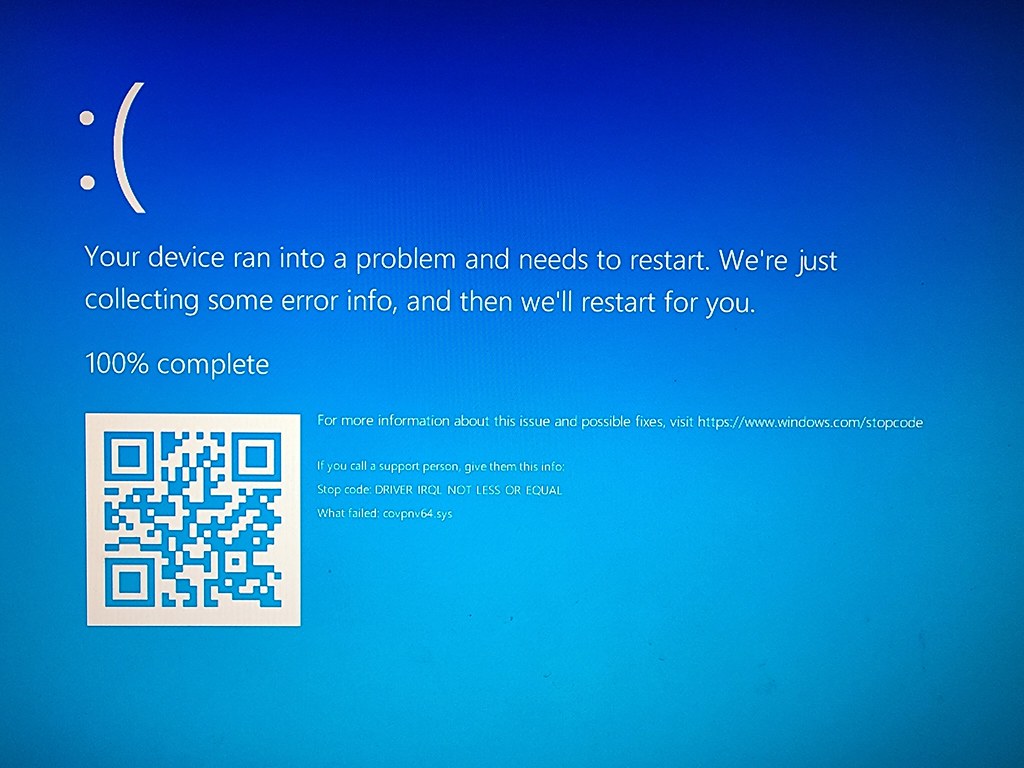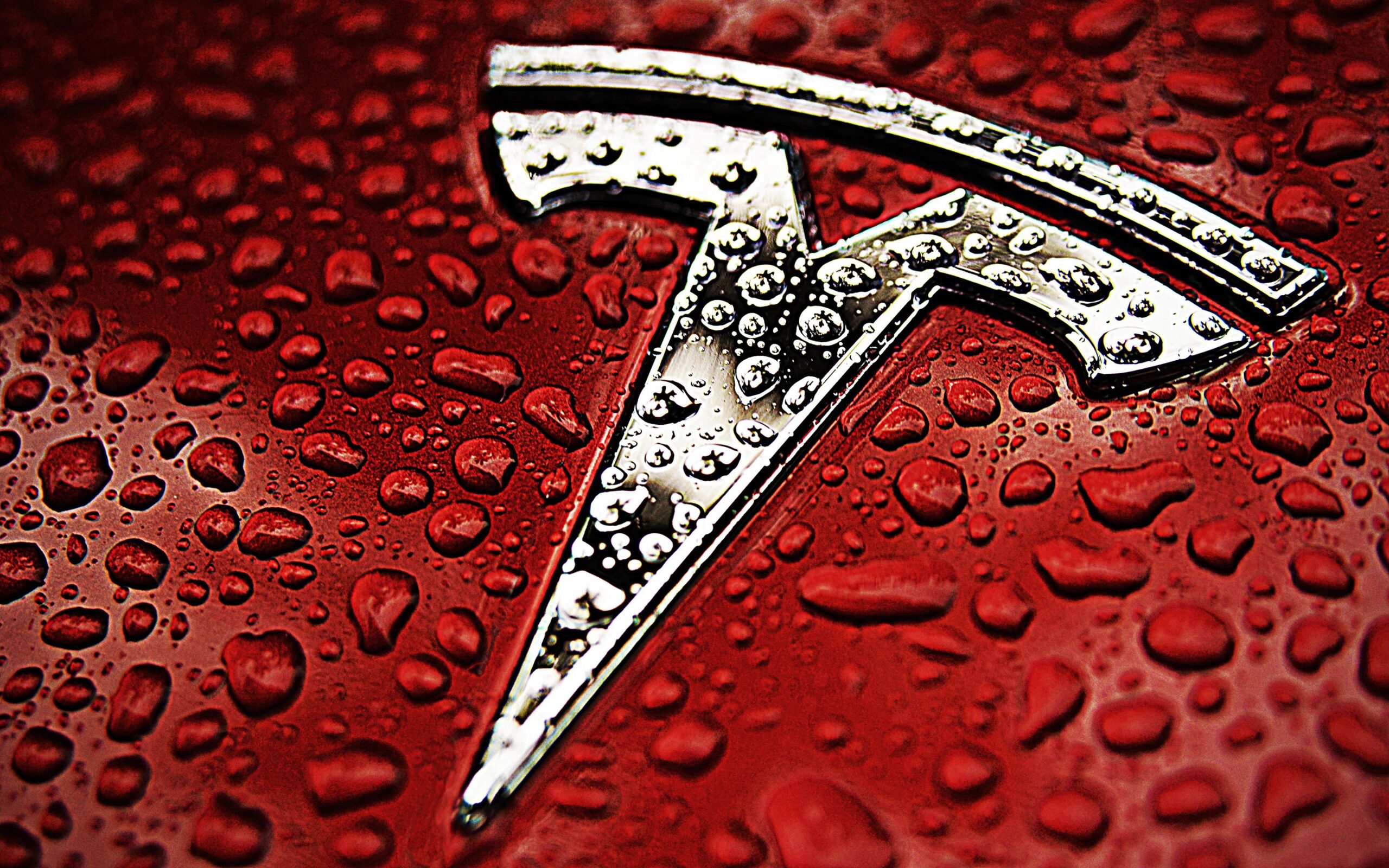Google will face a £7 billion ($8.8 billion) class action lawsuit in the UK over accusations that it misused its search dominance to harm consumers. The UK’s Competition Appeal Tribunal (CAT) ruled on Friday that the lawsuit can proceed, marking another legal battle for the tech giant amid increasing global scrutiny.
The lawsuit, filed in September 2023 by consumer rights advocate Nikki Stopford, alleges that Google’s anticompetitive practices raised advertising costs for businesses, ultimately leading to inflated prices for millions of consumers in the UK. According to the claim, Google leveraged its control over Android by requiring phone manufacturers to pre-install Google Search and Chrome as default options. It also accuses Google of paying Apple billions to maintain its position as the default search engine on Safari—a practice highlighted in recent US court rulings.
“Google continues to rig the search-engine market to charge advertisers more, which raises the prices they charge consumers,” Stopford stated. “This UK legal action seeks to promote healthier competition in digital markets, and to hold Google accountable.”
Google has challenged the claims, calling the lawsuit “speculative and opportunistic.” Paul Colpitts, Google UK’s senior counsel, reiterated the company’s stance: “People use Google because it is helpful; not because there are no alternatives. We will argue against this case vigorously.”
This lawsuit is one of many legal challenges Google is grappling with globally. In the US, the Department of Justice (DOJ) is pursuing a case that could result in Google being forced to sell its Chrome browser. Additionally, the DOJ has targeted Google’s advertising technology, while companies like Epic Games and Yelp have filed their own lawsuits against the company. In Europe, Google recently lost an appeal to overturn a $2.7 billion fine tied to antitrust violations.
This lawsuit shows how governments and consumers are pushing back against big tech companies like Google. While Google says people choose its services because they’re useful, critics argue its dominance hurts competition and raises costs for everyone. If this case succeeds, it could change how tech companies operate and treat their customers.










